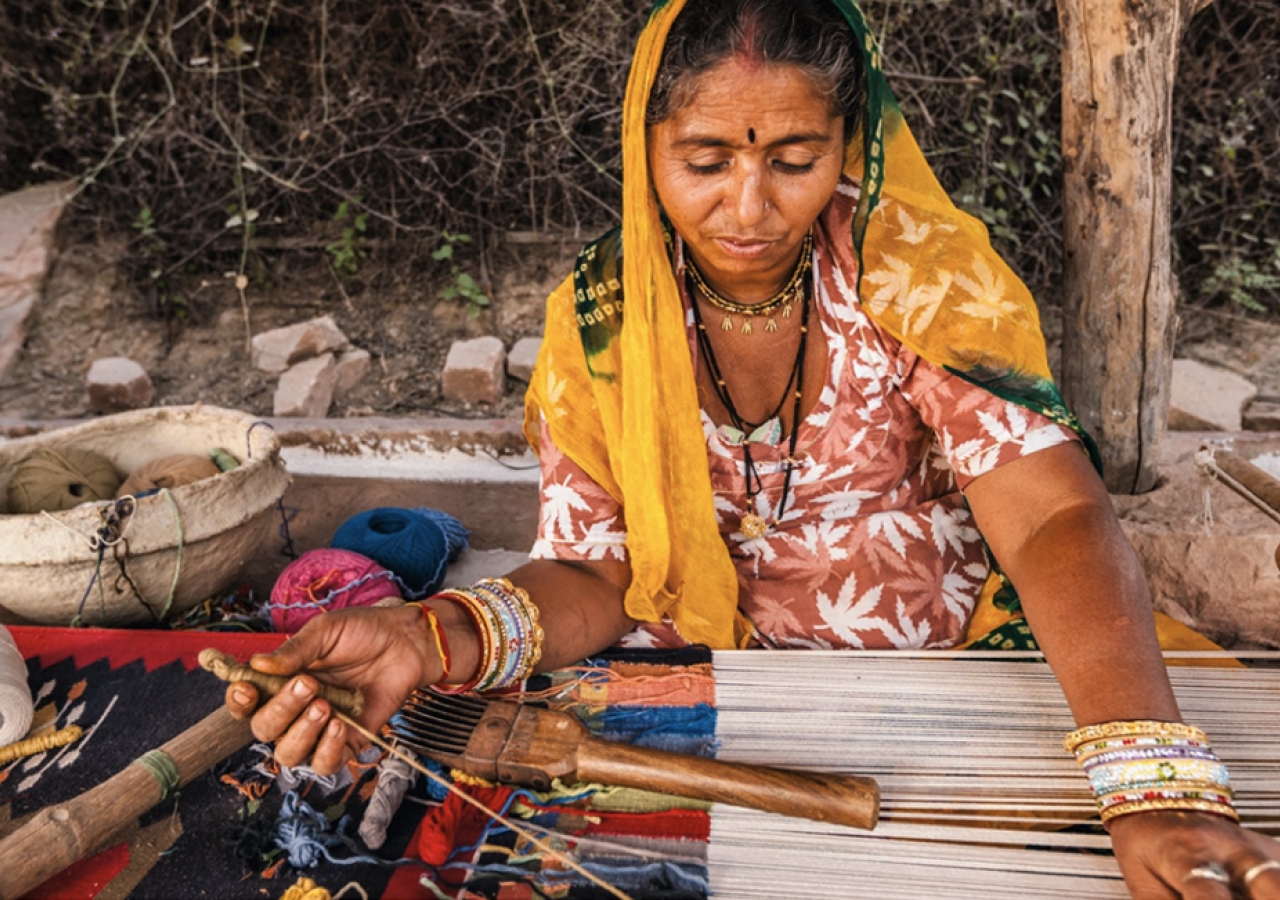But as COVID-19 continues to remind us, small businesses are also more vulnerable to crises and unexpected shocks. That’s especially true for those in developing countries. Recognizing this challenge, McKinsey has supported the ILO in creating a comprehensive framework of initiatives that can help small firms in developing countries navigate crises and build resilience.
The framework offers guidance on a number of challenges that small businesses may face, including liquidity bolstering mechanisms, ways to preserve employment and support an organization’s day-to-day operations, and more. “Financial support measures are not always available to governments of developing countries,” says Tarek Rida, a McKinsey partner based in Dubai. “But they are also not the only way governments can help. In response to COVID-19, many developing country governments came up with innovative operating levers, from helping small businesses embrace e-commerce, to striking deals with small hotels to host people in need of quarantine.”
As Tarek points out, there are multiple examples of these measures throughout the developing world. Many of them were created to support countries in their response to COVID-19—and were built on learnings from past crises, such as the 2007-2008 global financial crisis, the Ebola epidemics, and the Haiti earthquakes.
Beyond highlighting the measures themselves, the new framework also strives to shed light on how good implementation can significantly impact initiatives’ success. “While many measures can help alleviate the impact of crises on small firms, there is no one-size-fits-all solution,” says Nina Probst, a partner based in Geneva. “Each government would ultimately define and tailor their support in the way that best suits their local realities. And they would often benefit from engaging a broader ecosystem, from NGOs and donors, to employer organizations and supply chain leaders to amplify their impact.”
Dragan Radîc, head of the ILO’s Small and Medium Enterprises unit, says: “The strategic role of governments in coordinating support is considered here within an integrated approach of broader ecosystems. This helps both complement resources and tailor and deploy measures that are the right fit to small firm specificities.”
This framework should be useful to any government aiming to help their grassroots economies grow in the most effective, sustainable, and inclusive manner.
Nina Probst, McKinsey partner
Crises do not impact small businesses in the same way, nor are they all equally equipped to respond. “For example, informal firms employ more than 60 percent of people worldwide, especially in developing countries. And they are a particularly vulnerable, and difficult to reach group,” says Corina Stoenescu, an engagement manager based in Geneva, who co-led the effort. “Informal firms, women entrepreneurs, young firm owners, people with disabilities and multiple other, often country-specific groups, may need to be addressed through special measures, for the support to be truly equitable,” she adds.
Beyond crisis-response approaches, the framework also includes measures that can help small organizations build resilience ahead of future challenges by enhancing their risk-management capabilities. And many of the measures proposed can also be a starting point for the sustainable transformations of small firms, whether through increased use of technology or opportunities to transition to more environmentally friendly operations, facilitating a step forward in countries’ economic and social development.
“This work comes at a time when many countries are still struggling with the effects of the pandemic, while at the same time trying to derive learnings that will help them navigate future crises,” says Nina. “This framework should be useful to any government aiming to help their grassroots economies grow in the most effective, sustainable, and inclusive manner.”







